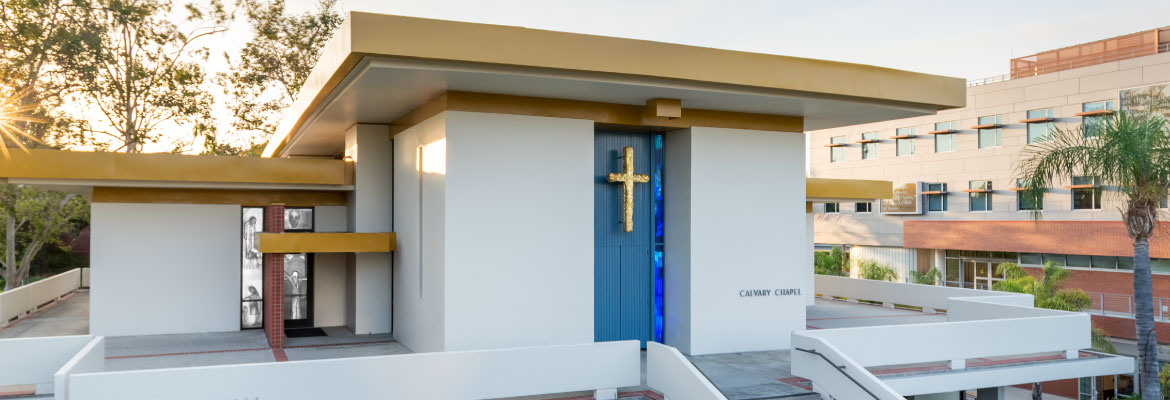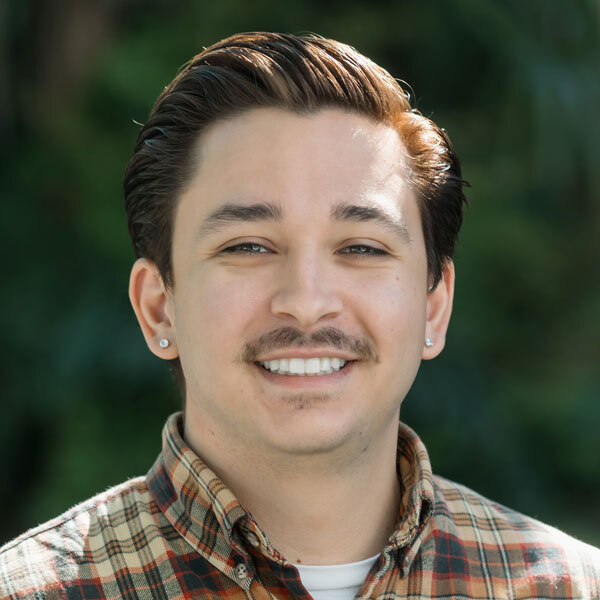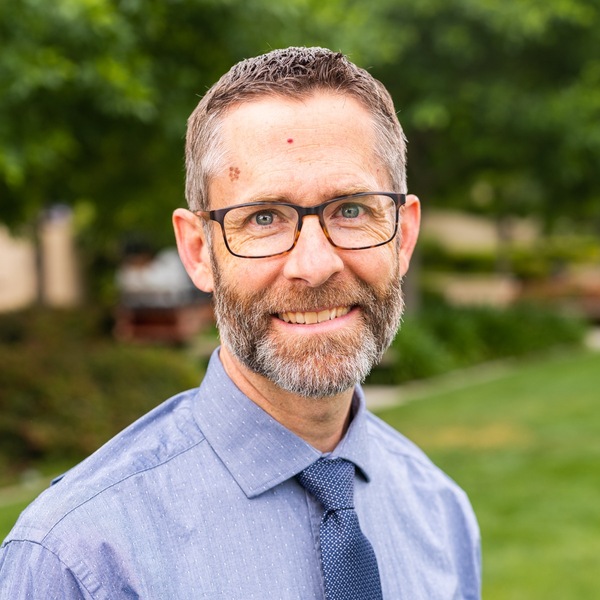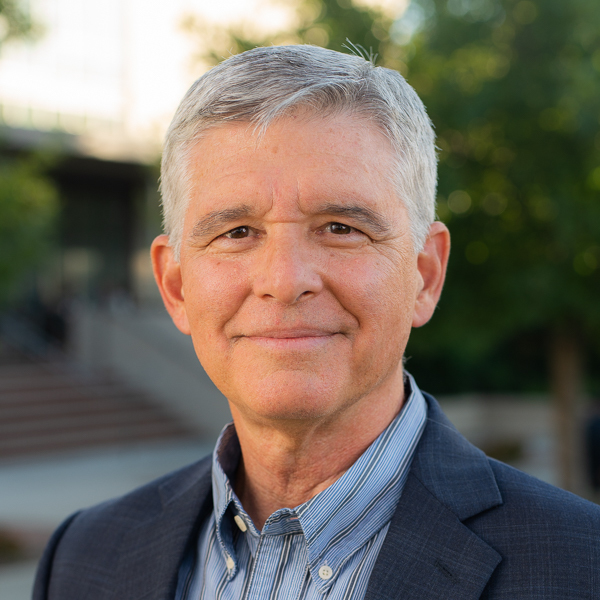Master of Arts (Theology)
Overview
The Master of Arts with a concentration in theology prepares students to become deep theological thinkers with a strong biblical foundation. Through a carefully designed curriculum that delves deeply in Christianity’s major doctrines — including their biblical basis, historical development and contemporary relevance — students will be better equipped to think theologically about how to respond to issues facing today’s church and society.
A concentration in theology offers the option to choose either the Greek or non-Greek track. The Greek track provides students the opportunity to study New Testament Greek to enhance their biblical interpretation and understanding of the New Testament, as well as scholarly writings and discussions regarding the text. The non-Greek track requires one class on basic principles of the languages that are foundational to biblical interpretation, along with one class on exposition of a particular book or books of the Bible.
- Strengthen Your Theological Thinking. No other Talbot M.A. concentration provides as much opportunity to study theology — from patristic through medieval times, to the Reformation and modern day. Delve deeply into key doctrines while also gaining broad exposure to different systems of theological thought. Become familiar with Christianity’s greatest thinkers, such as Athanasius, Augustine, Aquinas, Luther, Calvin and Jonathan Edwards. Learn how to think theologically in our current culture and have an opportunity to consider your own denomination’s organization and history.
- Prepare to Engage Others in Theological Discussions. Whether you are involved in a church ministry, pursuing advanced academic study or living out your Christian life in another calling, you will be ready to engage others in theological discussions. Your education will equip you to teach, defend and live out the truths of the Christian faith in a biblically faithful way. Talbot’s wide range of electives gives you the choice of pursuing specific areas of theological interest more deeply — such as the atonement, prayer, eschatology, the Holy Spirit and more.
- Develop Skills in Biblical Interpretation. Whether you choose the Greek or non-Greek track for this concentration, you will establish a strong foundation for biblical interpretation. Because of Talbot’s commitment to responsible biblical interpretation, both program tracks include at least one language class and a Bible exposition component.
- The Greek track gives you the opportunity to take three sequential classes in New Testament Greek, which may be required for further academic studies, helpful for future ministry, or enriching to you as you interact with theological scholarship and treatment of the biblical text. You will develop a deep appreciation for the value of studying Greek for a better understanding of God’s Word.
- The non-Greek track allows room for more theology courses, in addition to an elementary course on the biblical languages that provides basic principles for both Greek and Hebrew. This track is ideal for students with academic or ministry goals that may not require Greek but who value responsible biblical interpretation.
- Prepare for Further Academic Study. Talbot’s rigorous academic program equips students for further academic study and preparation for doctoral studies. Your course of study includes a capstone seminar, which gives you the opportunity to study various theological topics with a focus on its biblical basis, historical background and practical applications. The level of research and theological thought required for these courses will prepare you well for further academic studies and future teaching in theology.
For more reasons to choose Talbot School of Theology for your education, see the Why Talbot? page.




